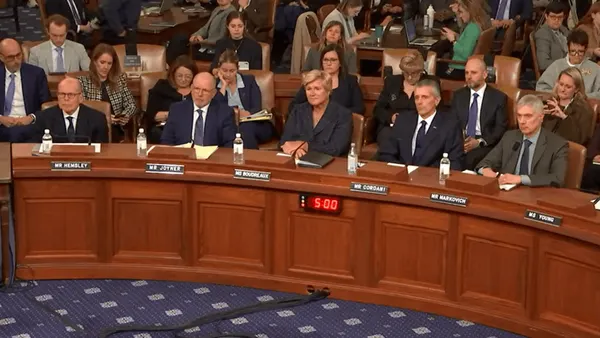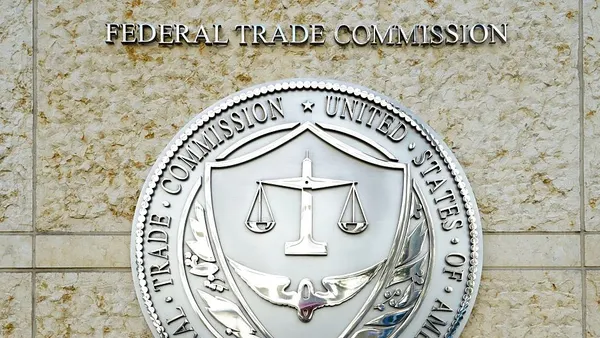Dive Brief:
-
In a brief filed in the U.S. Federal Court for the District of Columbia on Friday, the American Hospital Association and three member hospitals reaffirmed support for remedies they say would cut the Medicare billing appeals backlog.
-
Echoing recommendations from June, the AHA brief suggested implementing a binding deadline, which could help stop "HHS from backsliding." The hospitals also recommended annual deadlines with fixed reduction targets to maintain steady progress.
-
HHS recently said it reduced the Medicare appeals backlog by more than 30% this year. However, the agency doesn't expect to eliminate the backlog by the court-ordered date of Dec. 31, 2020. It believes it can clear the backlog by FY 2022.
Dive Insight:
The 16-page court brief is the latest development in the AHA's lawsuit involving the Medicare claims backlog, which goes back to 2014 and the Obama administration. In June 2016, the Government Accountability Office said the backlog was likely caused partially by expanding the Recovery Auditor Program in 2011 and how the agency handles appeals of repetitive claims for ongoing services.
Earlier this year, U.S. District Judge James Boasberg asked AHA for its recommendations on how to clear the backlog. The group and Baxter Regional Medical Center in Mountain Home, Arkansas, Covenant Health in Knoxville, Tennessee, and Rutland Regional Medical Center in Vermont recommended remedies including Recovery Audit Contractor controls, settlements, relief from the negative impacts of the backlog and agency maintenance of effort and periodic status reporting.
In its court brief this month, AHA charged that the backlog stretching back several years means hospitals might not have the funding to upgrade equipment, repair facilities or improve patient care. The brief added that the HHS is violating its mandatory statutory duty to resolve administrative law judge-level appeals in 90 days or less.
CMS announced last year it's taking a more targeted approach to finding and investigating Medicare fraud and improper payments. That should help the process. Rather than cast a wide net, CMS is now instructing Medicare Administrative Contractors to focus on providers with high claim error rates or unusual billing practices when compared to similar providers.
HHS said it has made progress. It cut the backlog from 652,243 last year to 444,894 at the end of last month. It has also received funding to hire 80 additional administrative law judges to help catch up.











